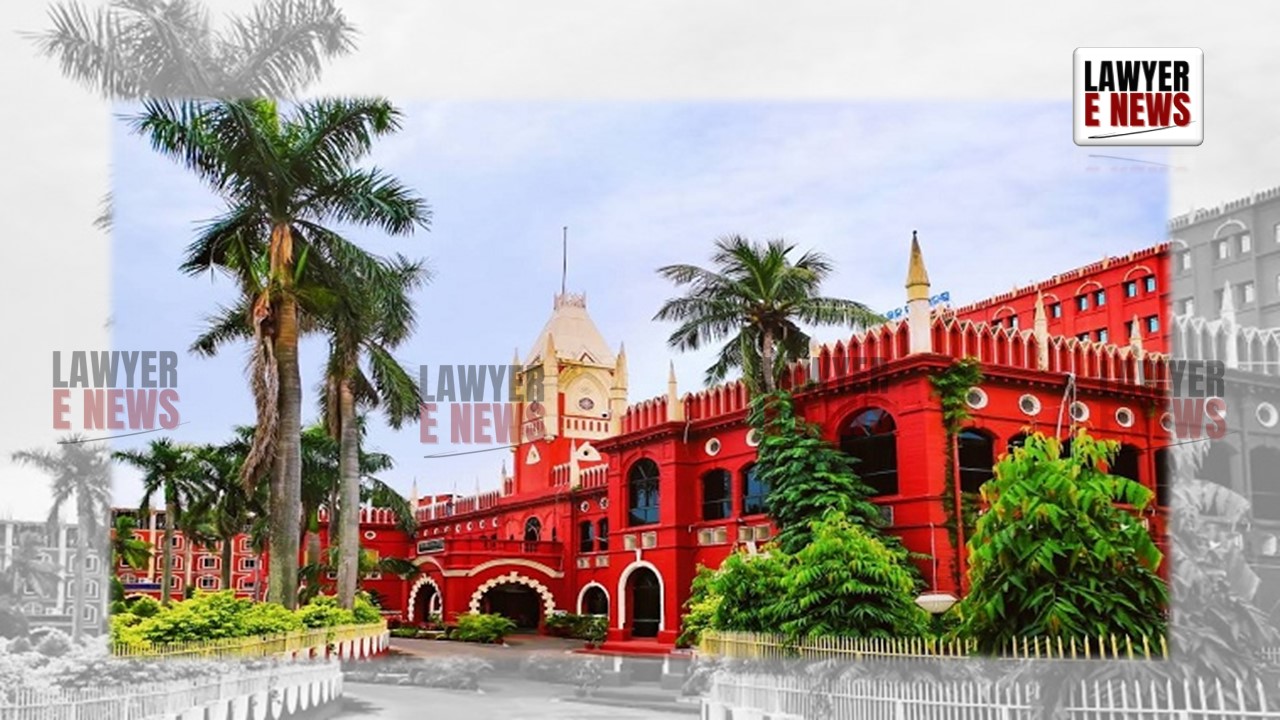-
by Admin
15 February 2026 5:35 AM



Orissa High Court, in the case of Yogesh Kumar Saralia vs. Central Board of Direct Taxes (CBDT) and Others, quashed a reassessment order that had been initiated due to a filing error under the Voluntary Disclosure Scheme (VDS). The court found that the reassessment was based on an admitted mistake and that there was no escaped income justifying the reassessment, thereby exercising its extraordinary writ jurisdiction to intervene.
The petitioner, Yogesh Kumar Saralia, had voluntarily declared additional income under the Voluntary Disclosure Scheme and made corresponding tax payments. However, due to a clerical error, one installment of tax paid under this scheme was mistakenly reflected as tax paid under regular return filing. Upon discovering the mistake, the petitioner flagged the issue to the income tax authorities, including the Principal Commissioner of Income Tax (PCIT). Despite this, the authorities initiated reassessment proceedings for the Assessment Year 2017-18 based on the erroneous tax filing, claiming that income had escaped assessment.
The primary legal issue revolved around whether reassessment was justified under Section 147 of the Income Tax Act, 1961, given that the error was admitted and flagged by the petitioner. The respondents argued that the writ petition was not maintainable, as the petitioner had the option to appeal under Section 246A of the Income Tax Act, 1961. However, the court rejected this argument, invoking its writ jurisdiction due to the clear factual mistake in the tax filing and the tax authorities' failure to address the issue.
"We have not been shown nor found any other instance of income having escaped assessment as appears from impugned order. In the circumstances, considering it is a mistake acted upon, we exercise our extraordinary power in writ jurisdiction to interfere."
The court emphasized that the reassessment was triggered solely due to the clerical error made in tax filing, which the petitioner had acknowledged and communicated to the authorities. Despite the Assessing Officer (AO) having flagged the mistake internally, the reassessment order failed to address the error properly.
The High Court found no basis for income having escaped assessment, as the error had been transparent and acknowledged from the outset. It held that the tax authorities’ decision to initiate reassessment proceedings, without considering the petitioner’s submissions, was unwarranted.
"There was admitted omission to declare income, subsequently declared under the voluntary declaration scheme. Pursuant to the declaration, requisite tax was paid in installments. The impugned order, based on a mistake, is set aside and quashed."
The Orissa High Court quashed the reassessment order for the Assessment Year 2017-18 and discharged the petitioner from any liability arising from the mistaken reassessment. The court’s decision highlights the importance of addressing administrative errors in tax filings and the role of judicial review in rectifying such errors when statutory remedies are inadequate.
Date of Decision: September 18, 2024
Yogesh Kumar Saralia vs. Central Board of Direct Taxes (CBDT) and Others
